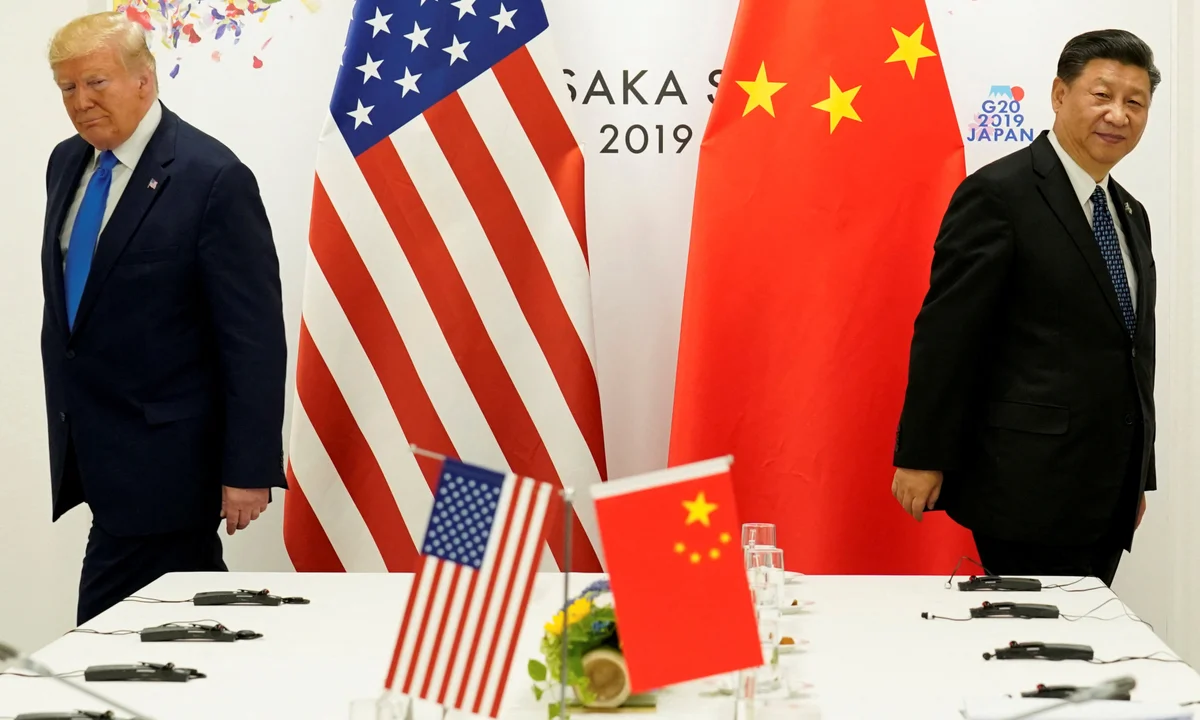In the ever-evolving landscape of international trade, the relationship between the United States and Mexico has been particularly dynamic. Recently, Mexico has indicated its willingness to impose retaliatory tariffs in response to any tariffs that former President Donald Trump may seek to implement. This blog will explore the implications of such a move, the underlying economic factors, and the potential impact on both countries.
Understanding Tariffs and Their Purpose
Tariffs are taxes imposed by a government on imported goods. They serve various purposes, including protecting domestic industries, generating revenue, and influencing trade balances. When a country imposes tariffs, it typically expects to shield its local businesses from foreign competition. However, tariffs can lead to trade wars, resulting in increased prices for consumers and strained diplomatic relations.
The Context of Trump's Tariffs
During his presidency, Donald Trump advocated for a more protectionist trade policy, often criticizing trade agreements that he believed disadvantaged American workers. If Trump were to implement new tariffs, it would likely be framed as a move to protect American jobs and industries. However, the potential fallout from such tariffs could affect not only the U.S. economy but also its trading partners, particularly Mexico.
Mexico's Economic Landscape
Mexico is one of the United States' largest trading partners, with a significant amount of goods flowing across the border daily. The Mexican economy relies heavily on exports, particularly to the U.S. market. Key industries include automotive, electronics, agriculture, and manufacturing. Therefore, any tariffs imposed by the U.S. could have a ripple effect on Mexico's economy, prompting a swift response from the Mexican government.
Retaliatory Tariffs: A Strategic Response
In response to potential U.S. tariffs, Mexico's suggestion to impose its own tariffs is a strategic move aimed at protecting its economic interests. By targeting specific U.S. goods, Mexico can apply pressure on the American economy while simultaneously signaling its discontent with unilateral trade measures. Common targets for retaliation might include agricultural products, automobiles, and consumer goods, which could significantly impact American exporters.
Economic Implications for Both Countries
The imposition of tariffs can lead to several economic consequences for both nations:
- Increased Prices for Consumers: Tariffs often result in higher prices for imported goods, which can lead to inflation. Consumers in both countries may face increased costs for everyday products, affecting their purchasing power.
- Disruption of Supply Chains: Many industries rely on cross-border supply chains. Tariffs can disrupt these flows, leading to production delays and increased costs for businesses that depend on imported materials or components.
- Job Losses: While tariffs are intended to protect domestic jobs, they can also lead to job losses in export-oriented sectors that rely on foreign markets. If Mexican tariffs target American goods, U.S. businesses may face reduced sales and potential layoffs.
- Strained Diplomatic Relations: Trade disputes can escalate into broader diplomatic tensions. A tit-for-tat tariff strategy could sour relations between the two countries, complicating cooperation on other issues such as immigration, security, and environmental concerns.
The Bigger Picture: Global Trade Dynamics
The potential for tariffs and retaliatory measures between the U.S. and Mexico is not an isolated issue. It reflects broader trends in global trade, where protectionism is on the rise. Other countries may also weigh in on the situation, either by supporting one side or by adjusting their own trade policies in response. This interconnectedness means that the repercussions of any trade actions will likely extend beyond North America.
Mexico's suggestion to impose retaliatory tariffs against potential Trump tariffs underscores the complexities of international trade relations. As both nations navigate these turbulent waters, the economic implications will be significant for businesses and consumers alike. Understanding the motivations behind tariffs and their potential consequences is essential for anyone interested in the future of trade between the U.S. and Mexico. As the situation develops, stakeholders on both sides of the border will need to remain vigilant and adaptable to the changing economic landscape.
More post
- Trump’s New Tariff Plans: Implications for Canada, Mexico, and China
- Bill Clinton on Trump's Cabinet: Loyalty Over Everything
- Supreme Court's Landmark Decision: Multibillion-Dollar Class Action Against Meta Moves Forward
- KFC's Controversial Decision: The Withdrawal of the Franken chickens Promise in the UK

